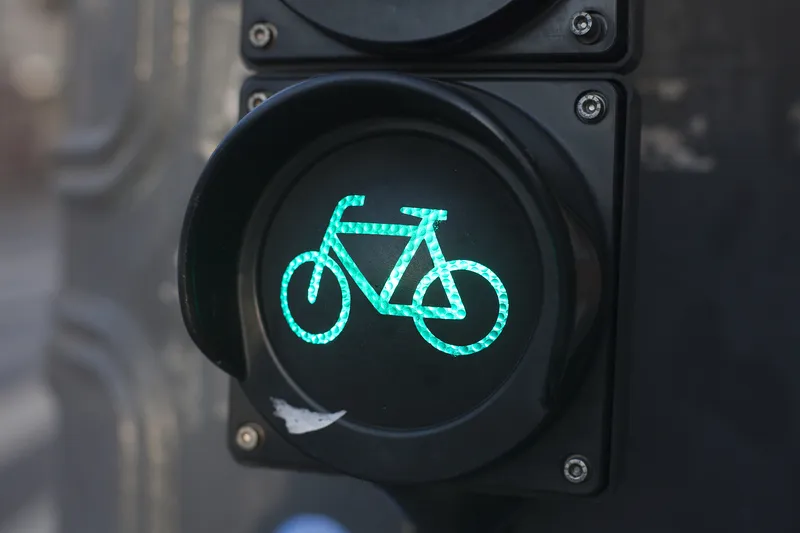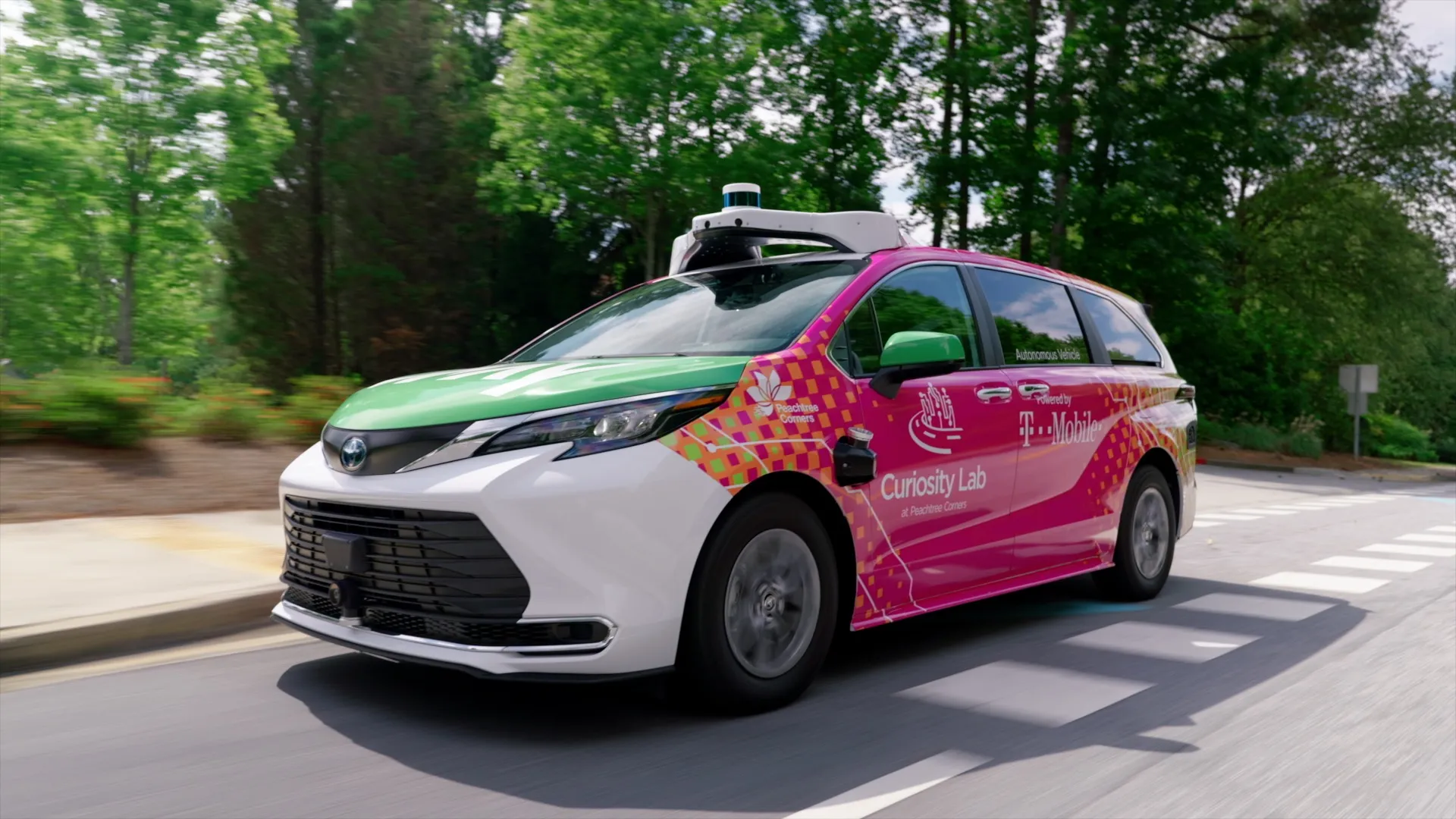Less than a month after one of its autonomous cars was in collision with a bus, Google has been awarded a patent for a bus detection system, Bus detection for an Autonomous Vehicle.
The timing is coincidental, as Google is said to have applied for the patent in 2014.
The patent, which focuses on school buses, describes the technology which should enable Google’s autonomous vehicles to recognise a large vehicle, compare it to known school bus sizes and colours and determine whether it is ‘representativ
March 18, 2016
Read time: 1 min
Less than a month after one of its autonomous cars was in collision with a bus, Google has been awarded a patent for a bus detection system, Bus detection for an Autonomous Vehicle.
The timing is coincidental, as Google is said to have applied for the patent in 2014.
The patent, which focuses on school buses, describes the technology which should enable Google’s autonomous vehicles to recognise a large vehicle, compare it to known school bus sizes and colours and determine whether it is ‘representative of a school bus’.
The timing is coincidental, as Google is said to have applied for the patent in 2014.
The patent, which focuses on school buses, describes the technology which should enable Google’s autonomous vehicles to recognise a large vehicle, compare it to known school bus sizes and colours and determine whether it is ‘representative of a school bus’.








